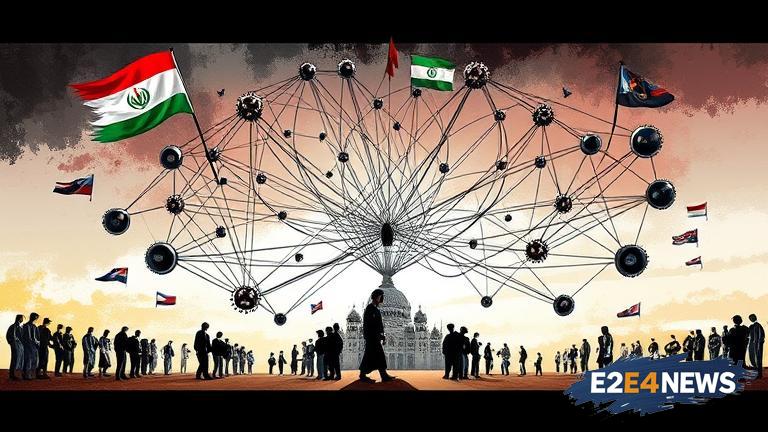The process of forming a government in Iraqi Kurdistan has been a long and arduous one, with numerous challenges and obstacles hindering progress. One of the main reasons for this difficulty is the complex web of political parties and interests in the region. The Kurdistan Democratic Party (KDP) and the Patriotic Union of Kurdistan (PUK) are the two main parties in the region, but they have been unable to come to an agreement on the formation of a government. The KDP has been pushing for a stronger role in the government, while the PUK has been advocating for a more inclusive and representative government. Another factor contributing to the difficulty is the presence of other political parties, such as the Gorran Movement and the New Generation Movement, which have been seeking to increase their influence in the region. The Kurdish Regional Government (KRG) has also been facing pressure from the Iraqi federal government, which has been seeking to exert its authority over the region. The KRG has been resisting this pressure, leading to tensions between the two governments. The formation of a government in Iraqi Kurdistan is also complicated by the presence of various external actors, including Turkey, Iran, and the United States. These countries have been seeking to exert their influence in the region, which has added to the complexity of the situation. The Kurdish people have been waiting for a long time for a stable and effective government, but the ongoing difficulties have led to frustration and disillusionment. The economy of the region has also been suffering, with a lack of investment and development hindering growth. The security situation in the region has also been a concern, with the presence of extremist groups such as ISIS posing a threat to stability. The international community has been calling for the formation of a government in Iraqi Kurdistan, but so far, no progress has been made. The United Nations has been involved in efforts to facilitate the formation of a government, but its efforts have been hindered by the lack of cooperation between the various parties. The European Union has also been seeking to play a role in the region, but its efforts have been limited by the lack of a stable government. The formation of a government in Iraqi Kurdistan is not just a matter of domestic politics, but also has regional and international implications. The stability of the region is crucial for the stability of the wider Middle East, and the international community has a vested interest in seeing a stable and effective government in place. Despite the challenges, there are still hopes that a government can be formed in the near future. The KDP and PUK have been holding talks, and there are signs that they may be able to come to an agreement. The international community is also continuing to push for the formation of a government, and there are hopes that a breakthrough may be possible. However, the road ahead will be difficult, and it will require the cooperation and compromise of all parties involved. The Kurdish people are waiting with bated breath for a government that can provide them with stability, security, and prosperity. The formation of a government in Iraqi Kurdistan is a complex and challenging task, but it is one that is essential for the future of the region. The international community must continue to support the efforts of the Kurdish people to form a government, and must also play a role in facilitating the process. With patience, persistence, and cooperation, it is possible that a government can be formed in Iraqi Kurdistan, and that the region can look forward to a brighter future. The future of the region is uncertain, but one thing is clear: the formation of a government is essential for the stability and prosperity of Iraqi Kurdistan. The Kurdish people have been waiting for a long time for a government that can provide them with the stability and security they deserve, and it is time for the international community to support their efforts. The formation of a government in Iraqi Kurdistan is a challenge that must be overcome, and it requires the cooperation and commitment of all parties involved.
